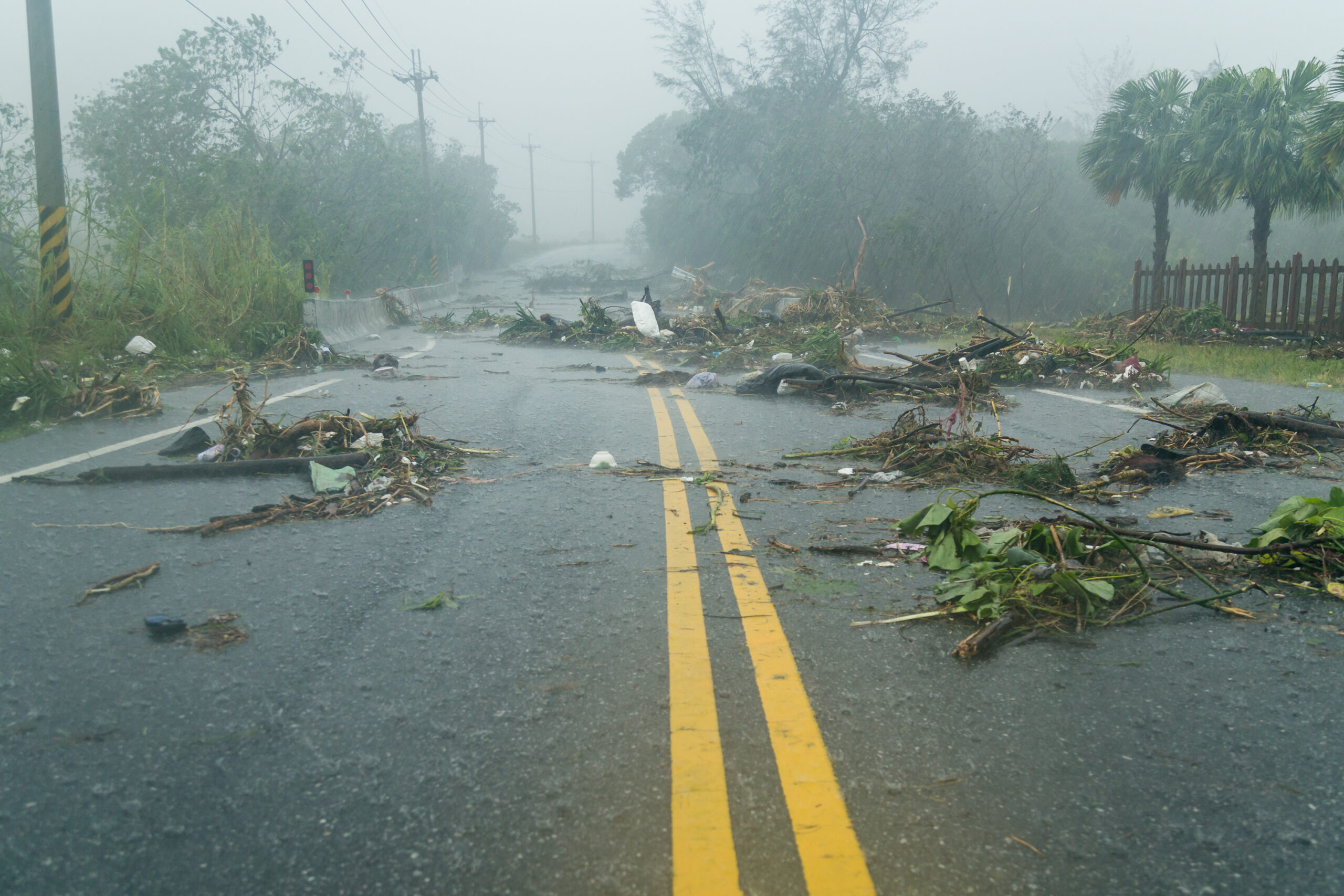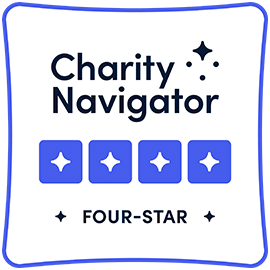Originally posted by NBNA as a part of our partnership to combat COVID-19.
No one likes getting a shot. It is natural instinct to fear a sharp object being injected into your arm. However, each shot holds the prospect of a future without that disease. For the COVID-19 vaccine, we were the part of history that lived to tell its story, but we also are the part of history that lived to find a solution. We must work collectively to address vaccine hesitancy and educate our friends, families, and communities on the importance of vaccines — and in a time of mass communication, it’s never been easier. Keep reading for a few ways we can all work together:
- Conversations with our Community: Each of us has a community – from our family and friends to our colleagues to those we interact with at church or volunteering. Traditionally children learn from their parents, but we often must break this mold when we educate on vaccines. Adults can help educate their older parents about vaccinations and the benefits it presents to them. Children also have a role in vaccine education through conversations with their friends and parents to become better informed so when they are old enough, they too can make the educated decisions to become vaccinated.
- Responsible Information Sharing: Social media is often littered with doctored posts and manufactured claims on everything from politics to vaccines. Platforms such as Facebook, Twitter, and Instagram provide us with opportunities to educate the masses. The toxicity of misinformed campaigns is adding to the misinformation and fear surrounding the vaccine. To effectively educate on vaccines, we must share accurate, research-backed information about vaccines, side effects, and benefits.
- Champion the Pro-Vax Movement: Word of mouth marketing is one of the most reliable marketing and education sources for most of the population. If one person shares something with ten people and seven of them agree, those seven in turn will each educate ten more people and so on. When you receive a vaccine, share that with your network. Educate them on your decision-making process, any side-effects you encountered, and in this process, we will work to demystify vaccines. While we recommend against posting your COVID-19 Vaccination Card on social media due to identify theft risks, there are many ways to share the news in private conversations or taking a photo of you and your family with band-aids on your arm.
We all have a role in vaccine education no matter how young or old. Let’s work together to keep history where it belongs—in the past.






